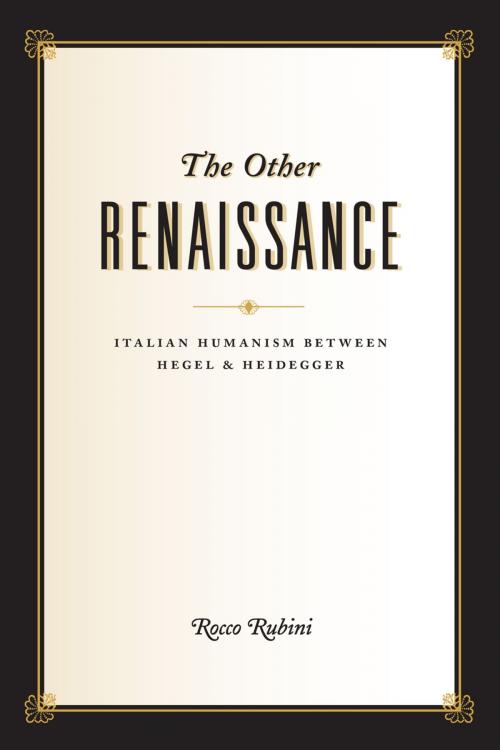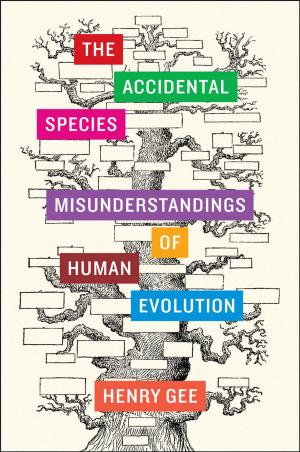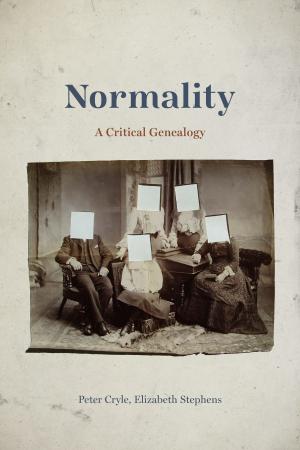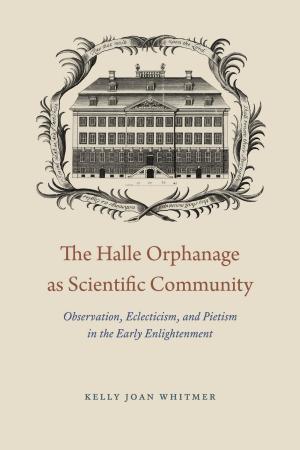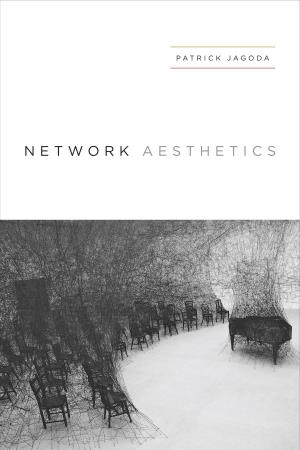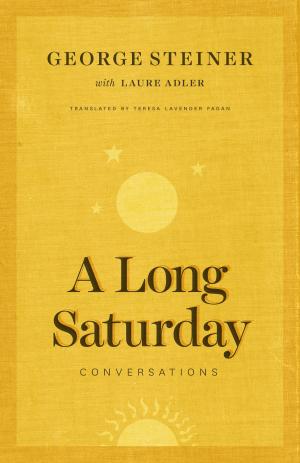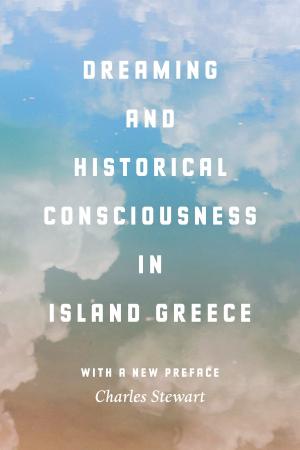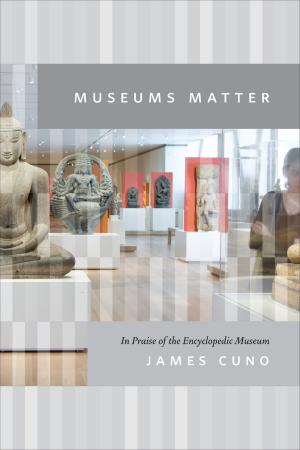The Other Renaissance
Italian Humanism between Hegel and Heidegger
Nonfiction, History, Italy, Religion & Spirituality, Philosophy, Modern| Author: | Rocco Rubini | ISBN: | 9780226186276 |
| Publisher: | University of Chicago Press | Publication: | December 22, 2014 |
| Imprint: | University of Chicago Press | Language: | English |
| Author: | Rocco Rubini |
| ISBN: | 9780226186276 |
| Publisher: | University of Chicago Press |
| Publication: | December 22, 2014 |
| Imprint: | University of Chicago Press |
| Language: | English |
A natural heir of the Renaissance and once tightly conjoined to its study, continental philosophy broke from Renaissance studies around the time of World War II. In The Other Renaissance, Rocco Rubini achieves what many have attempted to do since: bring them back together. Telling the story of modern Italian philosophy through the lens of Renaissance scholarship, he recovers a strand of philosophic history that sought to reactivate the humanist ideals of the Renaissance, even as philosophy elsewhere progressed toward decidedly antihumanist sentiments.
Bookended by Giambattista Vico and Antonio Gramsci, this strand of Renaissance-influenced philosophy rose in reaction to the major revolutions of the time in Italy, such as national unity, fascism, and democracy. Exploring the ways its thinkers critically assimilated the thought of their northern counterparts, Rubini uncovers new possibilities in our intellectual history: that antihumanism could have been forestalled, and that our postmodern condition could have been entirely different. In doing so, he offers an important new way of thinking about the origins of modernity, one that renews a trust in human dignity and the Western legacy as a whole.
A natural heir of the Renaissance and once tightly conjoined to its study, continental philosophy broke from Renaissance studies around the time of World War II. In The Other Renaissance, Rocco Rubini achieves what many have attempted to do since: bring them back together. Telling the story of modern Italian philosophy through the lens of Renaissance scholarship, he recovers a strand of philosophic history that sought to reactivate the humanist ideals of the Renaissance, even as philosophy elsewhere progressed toward decidedly antihumanist sentiments.
Bookended by Giambattista Vico and Antonio Gramsci, this strand of Renaissance-influenced philosophy rose in reaction to the major revolutions of the time in Italy, such as national unity, fascism, and democracy. Exploring the ways its thinkers critically assimilated the thought of their northern counterparts, Rubini uncovers new possibilities in our intellectual history: that antihumanism could have been forestalled, and that our postmodern condition could have been entirely different. In doing so, he offers an important new way of thinking about the origins of modernity, one that renews a trust in human dignity and the Western legacy as a whole.
